The Ritual of Seizing Objects and the Inheritance of Throne: The Legendary Story of Yongzheng at One Year Old
In ancient China, the Zhua Zhou ceremony was an important traditional custom, typically conducted when a child turned one year old, to predict the child's future interests and destiny. However, in the royal family, this custom sometimes carried additional political implications. The Zhua Zhou ceremony conducted for Emperor Yongzheng when he was one year old is said to have caused Emperor Kangxi to change his expression. What story lies behind this? This article will explore the possible reasons and impacts behind this historical event.

I. The Traditional Meaning of Zhua Zhou
Zhua Zhou is an ancient Chinese custom where parents place various items on a table during their child's first birthday celebration and allow the child to freely grab one. It is believed that the item the child first grasps foretells their future interests and career tendencies. In ordinary families, this is a fun-filled ceremony, but in the royal family, it is often endowed with more expectations and symbolic meanings.
II. Historical Records of Yongzheng's Zhua Zhou Ceremony
According to historical records, Emperor Yongzheng (then still an infant) grabbed a pen and ink during his Zhua Zhou ceremony. This was considered a good omen at the time, indicating that he would become a scholar or official in the future. However, this act caused Emperor Kangxi to show displeasure because, as the son of the emperor, he expected the child to show an interest in power or weapons, rather than literary implements.
III. Possible Reasons for Kangxi's Change of Expression
Emperor Kangxi's displeasure may have stemmed from several aspects. Firstly, as the ruler of the empire, he naturally hoped that his heir would have a strong desire for rule and military prowess. Secondly, the political situation was complex at that time, and Kangxi may have needed a strong heir to stabilize the dynasty. Finally, Kangxi may have worried that an emperor who overly advocated literary governance might lead to a lax military, affecting the stability of the country.
IV. Political Implications of Zhua Zhou and the Imperial Throne Inheritance
In the royal family, Zhua Zhou was not just a game to predict the future; it could also be seen as a test of the qualifications of the imperial heir. Yongzheng's grabbing of the pen and ink may have been interpreted as a lack of potential to become a strong ruler, which could have been an unfavorable sign for Kangxi. Therefore, Kangxi's change of expression may have reflected his deep-seated concerns about the inheritance issue.
Conclusion:
The story of Yongzheng's Zhua Zhou ceremony at one year old and Emperor Kangxi's reaction, although just a legend, reveals the sensitivity and complexity of inheritance issues in ancient Chinese royal families. This story also reflects how traditional cultural customs can be endowed with additional meanings in a political context. While the authenticity of history may not be fully verifiable, this event undoubtedly provides us with a window into ancient imperial power transmission and family expectations.
Disclaimer: The above content is sourced from the internet and the copyright belongs to the original author. If there is any infringement of your original copyright, please inform us and we will delete the relevant content as soon as possible.
Guess you like it
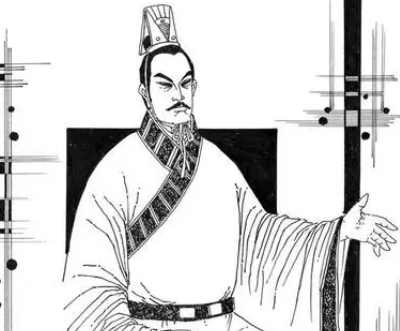
Guo Tai, a wise man during the Eastern Han Dynasty
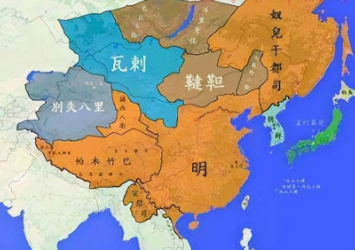
When did the Warla perish? Who destroyed the Warla?
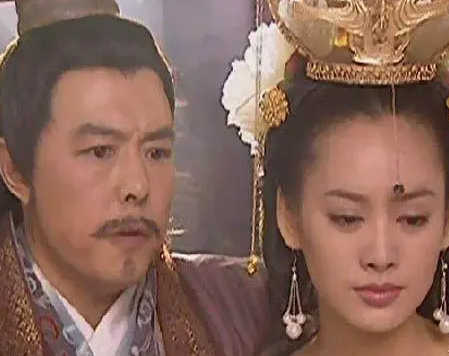
The masterminds behind the Qin State: Lady Huayang and Lu Buwei
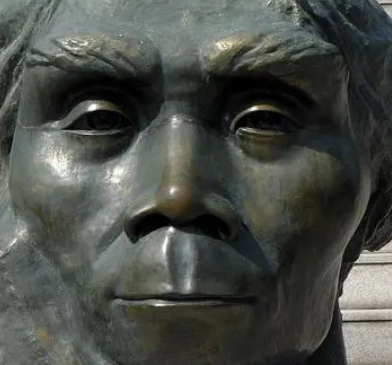
Is the Lantian Man really earlier than the Peking Man? How is it recorded?
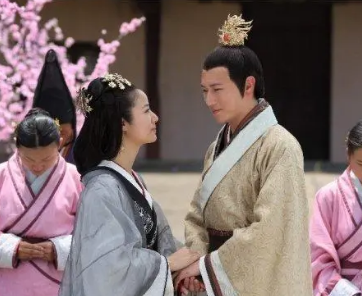
Dou Yifang and Liu Heng: A love story spanning thousands of years
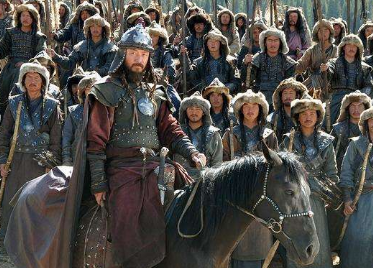
How do you pronounce "Wǎlà"? What is the correct pronunciation of "Wǎlà"?
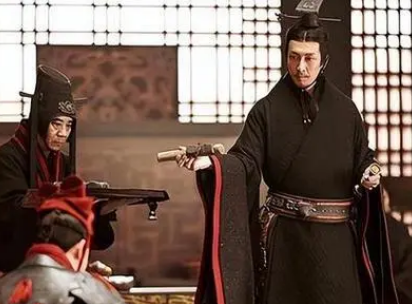
What is the relationship between Qin Shi Huangs death and Zhao Gao? What is the statement?
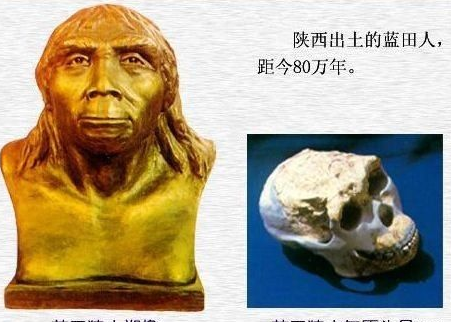
What does Lantian Man look like? What is their appearance?
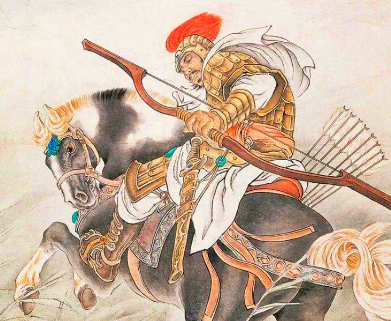
What are the poetic lines related to General Li Guang, the Flying General? How to appreciate them?
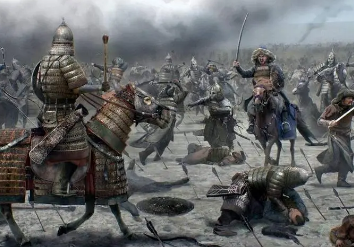
What nationality are the Warla people? What does the term "Warla" mean?









